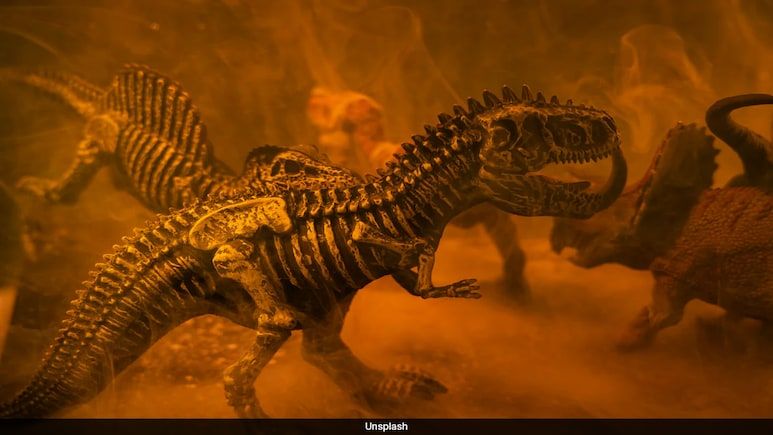Fossil Discoveries Shed Light on Ancient Cancer

BUCHAREST, ROMANIA - In a groundbreaking discovery, scientists from the UK and Romania have found evidence of cancer in a 70-million-year-old dinosaur fossil, a Telmatosaurus transsylvanicus. The cow-sized herbivore, which lived in what is now Romania, showed signs of a tumor in its jaw, along with preserved soft tissue structures resembling red blood cells.
The discovery has significant implications for the study of cancer and disease evolution in ancient species. According to senior author Justin Stebbing, Professor of Biomedical Sciences at Anglia Ruskin University, dinosaur fossils offer a unique perspective on how species managed cancer susceptibility and resistance over millions of years.
The presence of preserved soft tissue proteins in the fossil provides molecular-level insights into diseases like cancer, and could inform current medical research efforts. The study highlights the importance of prioritizing the collection and preservation of fossilized soft tissue, rather than just dinosaur skeletons.
This finding is not new, as a separate study previously identified evidence of cancer in Telmatosaurus transsylvanicus. However, the discovery of preserved soft tissue structures provides new insights into ancient diseases and could lead to future discoveries that could benefit humans.
Stebbing emphasizes the significance of exploring dinosaur fossils for understanding disease evolution, stating, "Proteins, particularly those found in calcified tissues like bone, are more stable than DNA and are less susceptible to degradation and contamination. This makes them ideal candidates for studying ancient diseases, including cancer."
The research team's findings suggest that a coordinated effort is needed to ensure long-term fossil conservation efforts, ensuring that future researchers have access to specimens suitable for cutting-edge molecular investigations.
By [Your Name], Daily Alignment News
